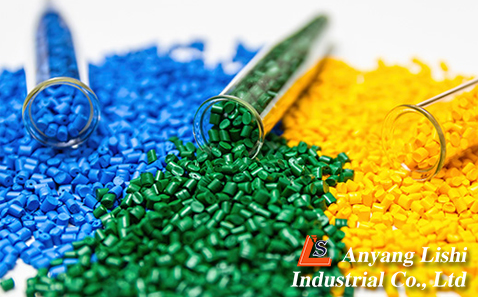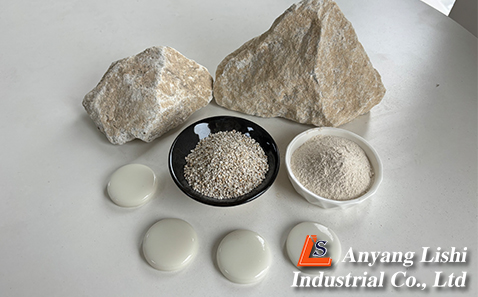
In the realm of plastic manufacturing, the quest for materials that can enhance the performance, durability, and aesthetic appeal of plastic products is never-ending. Among various additives and fillers used in the plastic industry, sodium feldspar emerges as a significant player, offering a blend of physical, chemical, and thermal properties that can substantially benefit plastic production. This article delves into the role of sodium feldspar in plastic manufacturing, exploring its characteristics, benefits, and applications.
Feldspar is a group of minerals that are abundantly found in the earth’s crust, making up about 41% of the terrestrial rock mass. Sodium feldspar, specifically, belongs to this group and is distinguished by its sodium content. It is known for its hardness, durability, and resistance to weathering. These properties make it an attractive choice for various industrial applications, including glass making, ceramics, and, notably, in the plastic industry.

Sodium feldspar possesses several properties that make it an excellent filler and additive for plastic manufacturing:
1. Low Iron Content: High iron content in fillers can lead to discoloration in plastics. Sodium feldspar’s low iron content helps in maintaining the desired color and clarity in plastic products.
2. Thermal Stability: It has a high melting point and excellent thermal stability, making it suitable for plastics that are exposed to high temperatures during processing and use.
3. Chemical Inertness: Being chemically inert, sodium feldspar does not react with the polymers or other additives in plastics, ensuring the stability and longevity of the final product.
4. Physical Strength: The incorporation of sodium feldspar into plastic compounds can enhance the physical strength and scratch resistance of the products.
5. Optical Properties: Sodium feldspar can improve the brightness and transparency of plastics, making them more appealing in both aesthetic and functional terms.
Improved Mechanical Properties
Adding sodium feldspar to plastic can significantly improve its mechanical properties such as tensile strength, impact resistance, and durability. This enhancement is crucial for products that require high performance under stress and wear.
Enhanced Thermal Properties
The thermal stability imparted by sodium feldspar extends the temperature range in which the plastic can be used without degrading. This property is particularly beneficial for plastics used in automotive, electrical, and electronic applications.
Cost-Effectiveness
Sodium feldspar, being abundant and easily available, is a cost-effective filler compared to other materials. Its use can reduce the overall cost of plastic production by partially substituting the more expensive polymer content without compromising the quality of the final product.
Environmental Impact
The inert nature of sodium feldspar means it does not produce harmful by-products during plastic processing. This characteristic, combined with the potential to improve the durability and lifespan of plastic products, contributes to the sustainability of manufacturing processes.

Sodium feldspar finds applications in various types of plastic products and components:
– Automotive Components: Used in the manufacture of interior and exterior automotive parts that require high strength and thermal resistance.
– Electrical and Electronic Housings: For components that need to withstand heat and electrical insulation.
– Consumer Goods: In items such as toys, household appliances, and containers, where durability and aesthetic appeal are desired.
– Packaging Materials: To improve the strength, clarity, and barrier properties of plastic packaging.
While sodium feldspar offers numerous benefits, there are considerations that manufacturers must take into account. The size and distribution of feldspar particles must be carefully controlled to achieve the desired properties in the final product. Additionally, the interaction of sodium feldspar with other components of the plastic formula must be thoroughly understood to optimize performance.
Sodium feldspar stands out as a versatile and valuable additive in plastic manufacturing, offering a combination of improved mechanical and thermal properties, cost-effectiveness, and environmental sustainability. Its incorporation into plastic products can lead to superior performance, durability, and aesthetic qualities. As the plastic industry continues to evolve, the role of sodium feldspar is likely to expand, driven by innovation and the ongoing pursuit of materials that meet the complex demands of modern applications.

Whether you have questions or you would just like to say hello,Contact us!
Call Anytime:
+86 15837207537Send E-mail:
info@lsakminerals.comAddress:
Anyang City , Henan Province, China.